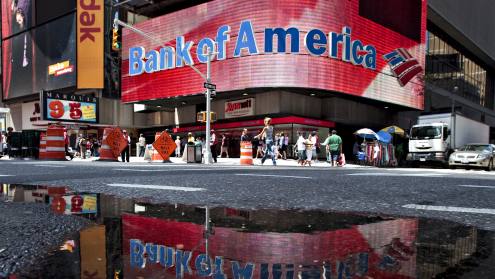Barclays’ chief warns regulators not to rush through “inconsistent” legislation that could land the global economy in the same state as Japan in the 1990s.
The chief executive of Barclays Bank, John Varley, has warned governments not to rush through legislation to reform global banking, or the world could face the same fate as Japan in the 1990s.
Writing exclusively for The Banker’s annual book, How to run a bank, Mr Varley said that as the world’s economies emerged from the recession and banks rediscovered their appetite to lend, what the system “emphatically” did not need was another shock “with legislation rushed through on an inconsistent timetable with inconsistent content”. He said that Japan’s experience in the 1990s showed how difficult it was to grow an advanced industrial economy with an "anaemic, shell-shocked" banking industry. Mr Varley’s comments come at a time when regulators across the developed markets are looking at ways of reining in certain banking activities that many feel led to the financial crisis.
In the United States, President Barack Obama has proposed legislation that would ban banks from investing in hedge funds or engaging in speculative trading for their own profits. He has also proposed a 10 year tax on big banks’ liabilities. Similarly, in the UK, the Governor of The Bank of England, Mervyn King, has called for far reaching reforms of the industry, including the limiting of risks taken by banks that hold retail deposits and ending the mentality of “too big to fail”.
Writing in The Banker, Mr Varley said that if the global economy was to generate the annual growth rate of 5% needed to keep pace with rising populations, the world needed a financial services industry that allowed the taking of appropriate risk.
He said that investment banking was critical to the health of the real economy because it enabled banks to help those they serve contribute to the real economy effects of investment, trade, wealth generation and employment. “It is a sobering moment when the chairman of your regulator suggests what you do is socially useless,” Mr Varley said in reference to the head of the UK Financial Services Authority Lord Turner’s remarks in 2009. “I do not agree with that judgement. But I do agree that the burden of proof is on banks to establish that they are socially useful by being engines of economic stabilisation and growth,” he said.
Barclays announced in January that it intended to defer up to 100% of the bonuses of top staff in order to defer recent criticism of bankers’ pay.
To read more go tohttp://online.thebanker.com/how-to-run-a-bank/






